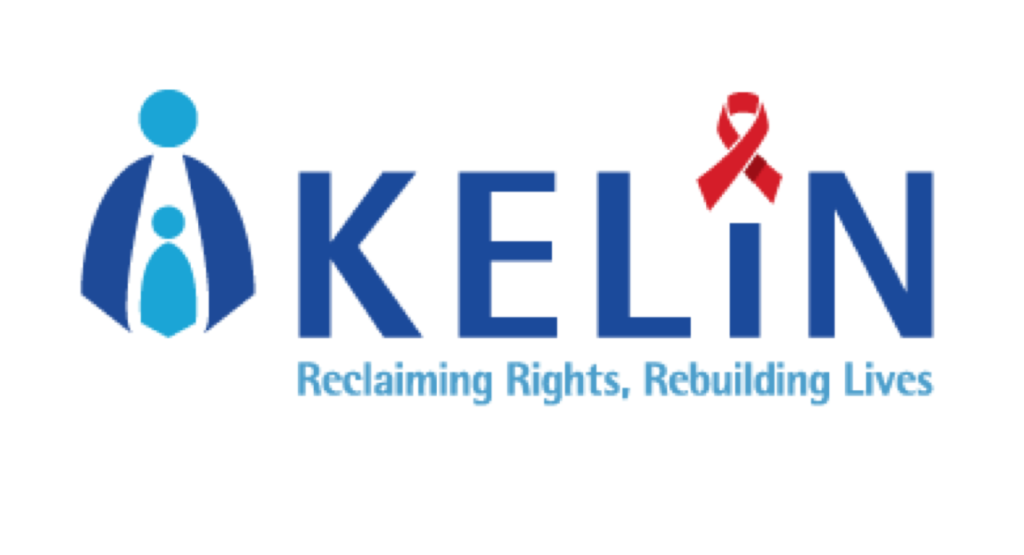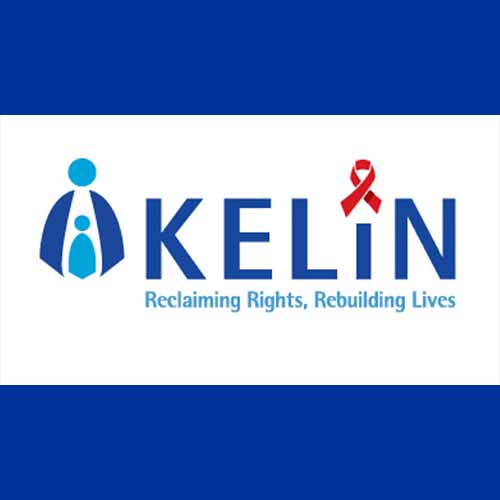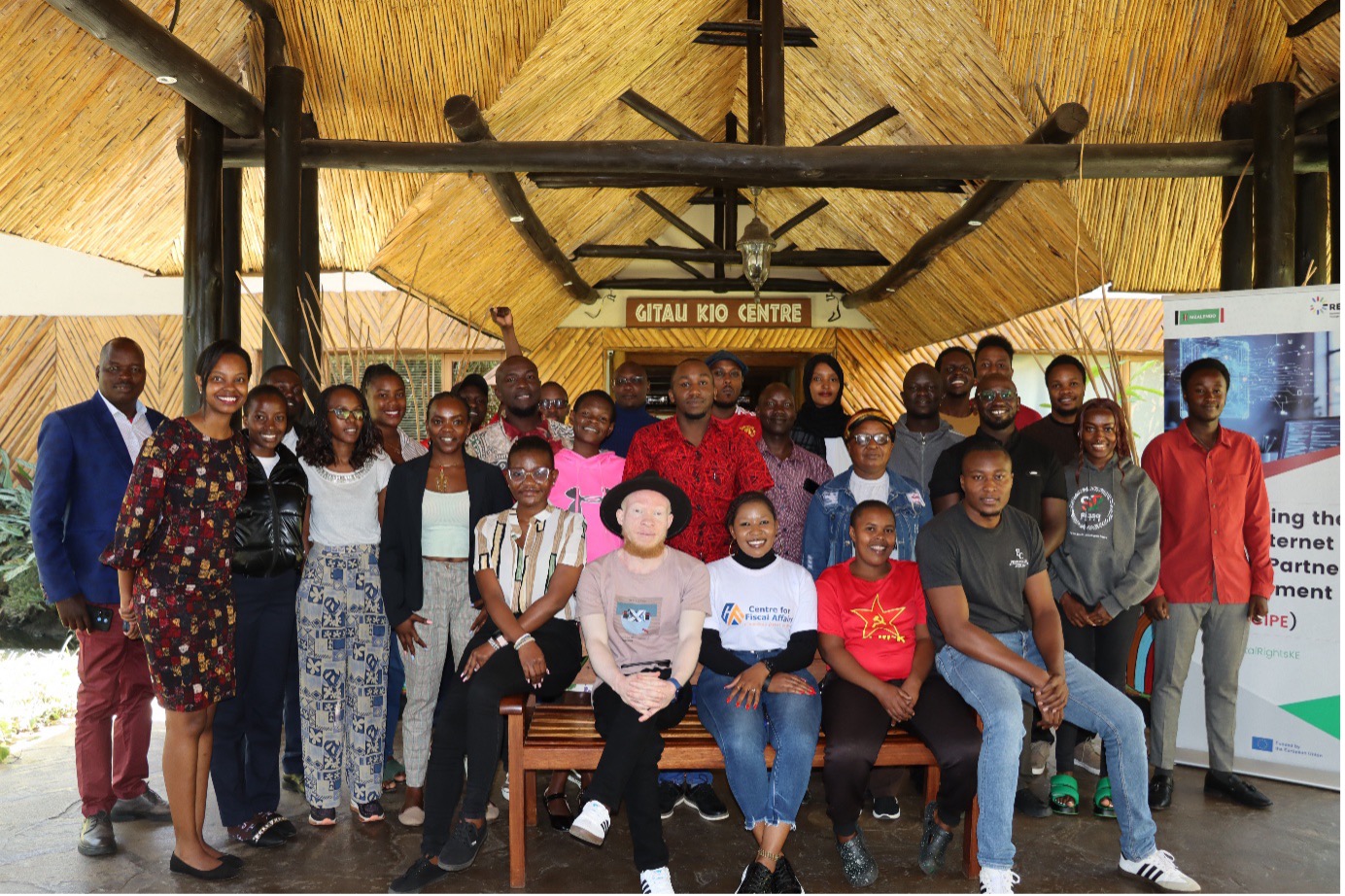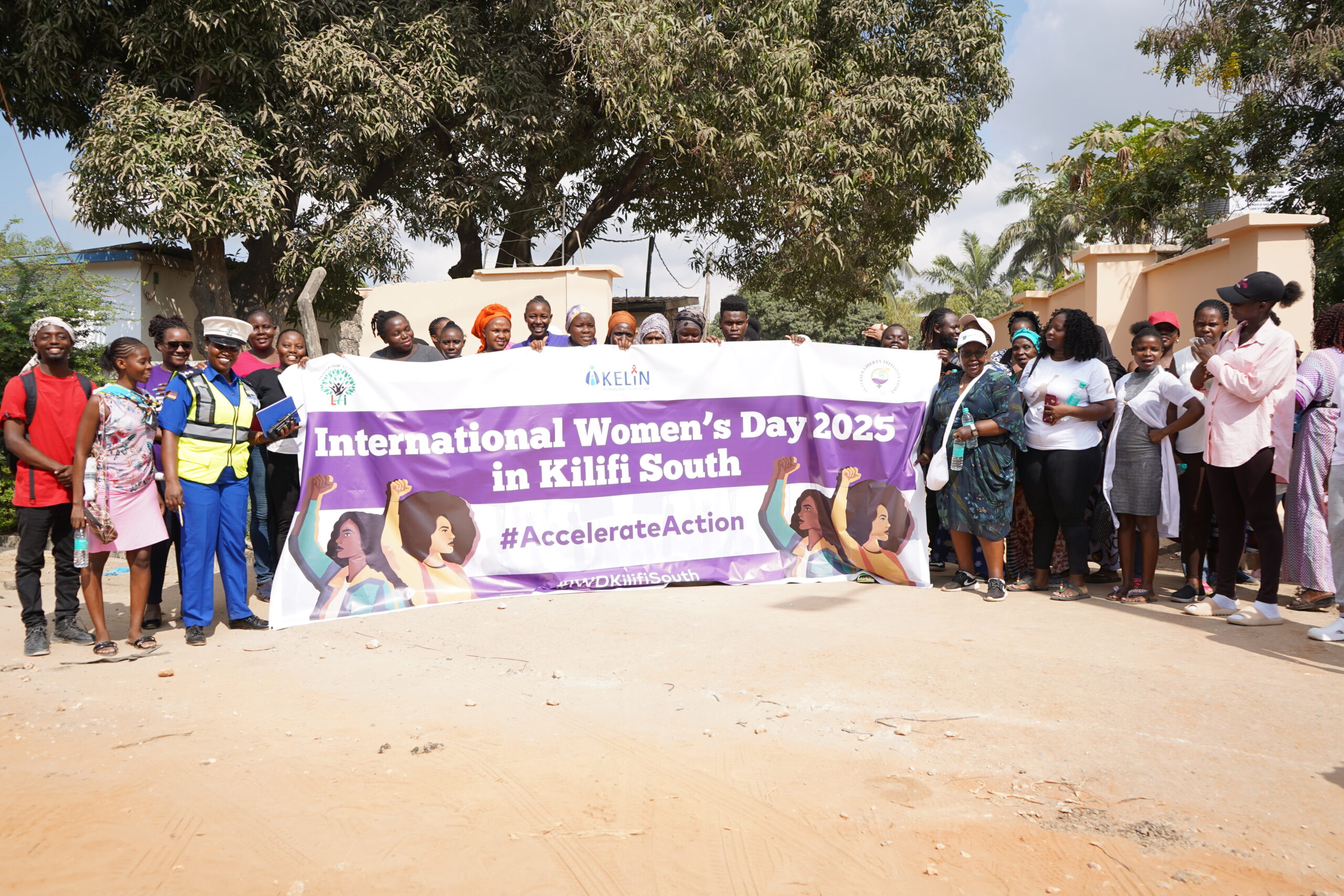Stakeholders from Uganda’s healthcare sector came together in a pivotal workshop in Kampala, 12 September 2024, to validate the eye-opening findings of the Uganda Market Intelligence Study[1], conducted between May and August 2024. Hosted collaboratively by KELIN, CEHURD, and supported by ITPC Global, the workshop revealed critical gaps in the management and treatment of Hepatitis C (HCV) in Uganda, urging an immediate call to action.
The study’s findings are a wake-up call for all of us. While Uganda has made commendable strides in the treatment of HIV and TB—achieving alignment with WHO guidelines and securing crucial funding—Hepatitis C continues to be tragically overlooked. The research revealed a staggering 0% treatment coverage for HCV in public health facilities, an outcome of outdated guidelines and the complete absence of essential Direct-Acting Antivirals (DAAs) from the national formulary.
“Access to essential medicines is a human right. The fact that Hepatitis C patients in Uganda have 0% access to life-saving treatment is an injustice we cannot ignore,” said Duke Otieno, Advocacy Officer for HIV/TB at KELIN. “This workshop marks a crucial turning point. Together, we must advocate for the inclusion of DAAs in the national formulary and the updating of treatment guidelines to ensure no Ugandan is left behind.”
The discussions were lively and impactful, focusing on key areas such as enhancing transparency in drug procurement and strengthening regulatory frameworks to remove intellectual property barriers—especially for generic medicines. Attendees, including representatives from civil society, academia, government, and healthcare professionals, collectively emphasized that the next steps must be bold and swift.
Here’s how we can all take action:
- Push for policy reforms: Advocate for the immediate inclusion of DAAs for HCV in Uganda’s national formulary and the urgent updating of treatment guidelines.
- Enhance collaboration: Build stronger regional partnerships to boost local production of essential medicines, especially generics.
- Promote transparency: Strengthen procurement processes to make affordable medicines more accessible for all.
The workshop was a crucial step towards strengthening Uganda’s healthcare system All stakeholders are committed to seeing these reforms through, the path ahead is clear: ensuring access to affordable, life-saving medicines for all Ugandans, particularly those affected by neglected diseases like Hepatitis C.
For more information, please contact:
Duke Otieno
Advocacy Officer-HIV/TB
Kenya Legal and Ethical Issues Network on HIV & AIDS (KELIN)
Kuwinda Lane, Karen C, off Langáta Road
[1] The study findings will be published in November 2024



